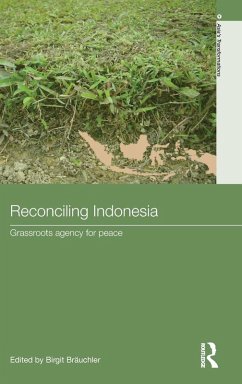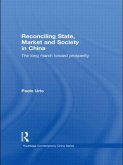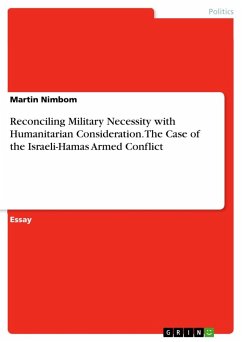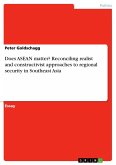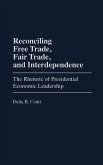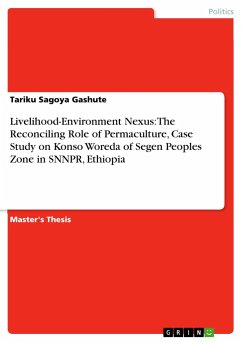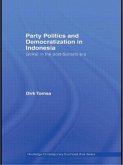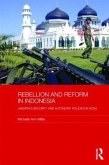Indonesia has been torn by massive internal conflicts over the last decade. The absence of functioning national tools of reconciliation and the often limited success of an internationally established 'reconciliation toolkit' of truth commissions and law enforcement, justice and human rights, forgiveness and amnesty, requires us to interrogate commonly held notions of reconciliation and transitional justice. Reconciling Indonesia fills two major gaps in the literature on Indonesia and peace and conflict studies more generally: the neglect of grassroots agency for peace and the often overlooked collective and cultural dimension of reconciliation. Bringing together scholars from all over the world, this volume draws upon multi-disciplinary theoretical perspectives, extensive fieldwork and activists' experience, and explores the ways in which reconciliation connects with issues like civil society, gender, religion, tradition, culture, education, history, displacement and performance. It covers different areas of Indonesia, from Aceh in the West to the Moluccas in the East, and deals with a broad variety of conflicts and violence, such as communal violence, terrorist attacks, secessionist conflicts, localized small-scale conflicts, and the mass violence of 1965-66. Reconciling Indonesia offers new understandings of grassroots or bottom-up reconciliation approaches and thus goes beyond prevalent political and legal approaches to reconciliation. Reconciling Indonesia is important reading for scholars, activists and anyone interested in current developments in Indonesia and the broader region and in new approaches to peace and conflict research.
Hinweis: Dieser Artikel kann nur an eine deutsche Lieferadresse ausgeliefert werden.
Hinweis: Dieser Artikel kann nur an eine deutsche Lieferadresse ausgeliefert werden.

